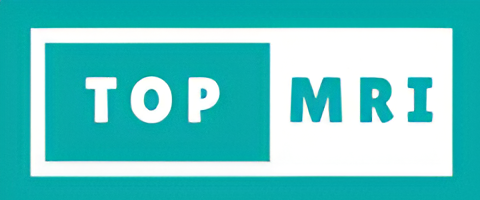
- Home
- Services
- Locations
- MRI Scan
- Greater London Area
- London – Marylebone, W1G 7HE – 3.0 T MRI Scan – £300
- London – Harley Street, W1U 2HX – Open MRI Scan – £500
- Middlesex – Enfield, EN2 8JL – 1.5 T MRI Scan – £300
- West Middlesex – Isleworth, TW7 6AF – 1.5 T MRI Scan – £300
- Surrey – Epsom, KT18 7LX – 1.5 T MRI Scan – £300
- Surrey – Ashford, TW13 3AA – 1.5 T MRI Scan – £300
- Surrey – Guildford, GU2 7XU – 3.0 T MRI Scan – £300
- Kent – Sidcup, Bexley, DA14 6LT – 1.5 T MRI Scan – £300
- North West England
- Manchester – M80 4AN – Open MRI Scan – £500
- Greater Manchester – Manchester, SK8 7NB – 1.5 T MRI Scan – £279
- Greater Manchester – Whythenshaw, M23 9LT – 3.0 T MRI Scan – £300
- Greater Manchester – Stockport, SK2 7JE – 1.5 T MRI Scan – £300
- Cumbria – Cockermouth, CA13 9HT – 1.5 T MRI Scan – £279
- Cumbria – Penrith, CA11 0AH – 1.5 T MRI Scan – £279
- Lancashire – Preston, PR4 0AP – 1.5 T MRI Scan – £279
- Lancashire – Fylde, FY8 1PF – 1.5 T MRI – £300
- North East England
- East Midlands
- East of England
- West Midlands
- South West England
- South East England
- Wales
- Yorkshire and the Humber
- Greater London Area
- CT Scan
- Full Body MRI Scan
- Ultrasound
- MRI Scan
- Patients
- Referrers
- Prices
- 0333 344 1811
[email protected]
Rhabdomyosarcoma
- Uncategorized
-
Sep 24
- Share post
Rhabdomyosarcoma: Symptoms, Causes, Diagnosis, Treatment, and Future Outlook.
Disclaimer:
This blog is for informational purposes only and should not be taken as medical advice. Content is sourced from third parties, and we do not guarantee accuracy or accept any liability for its use. Always consult a qualified healthcare professional for medical guidance.
What is Rhabdomyosarcoma?
Rhabdomyosarcoma (RMS) is a rare soft tissue sarcoma from skeletal muscle precursors, primarily in children (60% under 10), with subtypes embryonal (60%, favorable), alveolar (30%, aggressive), and pleomorphic (adult). Sites include head/neck (35%), genitourinary (25%), extremities (20%). In 2025, ~500 US cases annually, more in boys.
Symptoms
Symptoms include swelling/lump, pain, bleeding (e.g., vaginal/nasal), urinary/bowel obstruction, eye bulging (orbital), or headache (CNS). Advanced causes fatigue, weight loss, or metastases symptoms (lung cough).
Causes
Causes involve genetic mutations (PAX3/7-FOXO1 fusion in alveolar, 80% aggressive; RAS in embryonal). Risks include age (<10), male gender, and syndromes (Li-Fraumeni, Beckwith-Wiedemann). No strong environmental links. In 2025, fusion genes drive classification.
Diagnosis
Diagnosis uses imaging (MRI, CT, PET), biopsy with immunohistochemistry (desmin, myogenin positive), and molecular testing for fusions. Bone marrow/staging assesses spread. In 2025, NGS improves subtype identification.
Treatment
Treatment is multimodal: surgery for resection, chemotherapy (vincristine, actinomycin-D, cyclophosphamide), radiation. Targeted therapies (e.g., IGF1R inhibitors) for fusions. In 2025, CAR-T trials show response in relapsed.
Future Outlook
In 2025, 5-year survival is 70% overall, 80% embryonal, 50% alveolar. Advances like fusion-targeted drugs improve to 75%. By 2030, immunotherapy could achieve 85%, focusing on pediatric cures.
Sources
The information for rhabdomyosarcoma is sourced from NCI’s “Rhabdomyosarcoma Treatment” for overview; Mayo Clinic’s “Rhabdomyosarcoma – Symptoms and causes” for symptoms; PMC’s “Rhabdomyosarcoma: Advances in 2025” for updates; Healthline’s “Rhabdomyosarcoma: Symptoms, Causes, Diagnosis” for diagnosis; Cleveland Clinic’s “Rhabdomyosarcoma” for treatment.